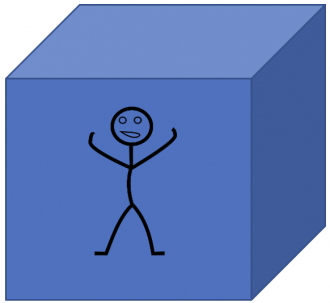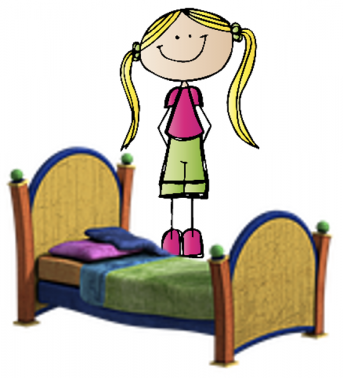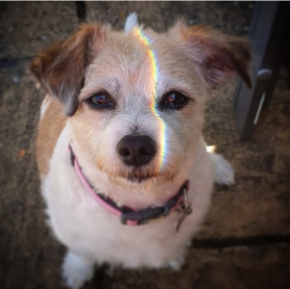I have to admit that I’m finding being self-employed really quite liberating. While I’m working as hard as I ever did, for the most part, I’m able to focus my attentions on those things I want to do, on the courses and materials that I want to develop and which I know can be most helpful to others. I can still however find myself prone to falling victim to that old equation that lays out the conditions in which stress and anxiety can flourish.
What am I talking about, well it’s
a) An over-evaluation of the scale of the problem, or of the risk it entails
+
b) An under-evaluation of my ability to cope, or of the resources I think I have at my disposal
Put another way, when I find myself somehow stuck on an issue, I can become frustrated, unable to see a way around it, through it, or over it. The problem can begin to appear larger and more significant, and the bigger it appears to be, the more I think about it, until it seems to dominate everything around it. It can be as though I’m stuck in the “Problem Box”, with the problem all around me, and with no apparent way out.

In such a situation, it’s possible to feel helpless. It can seem as though there’s nothing you can do to escape, no way of overcoming the problem, and you can feel not only helpless, but useless.
However, that old equation isn’t a statement of how things necessarily are, or of how they have to be, but it’s merely one potential way in which you and I can experience any situation. So, what can I do to more accurately and helpfully re-evaluate both the scale of the issue and the resources that I can bring to bear?
Well one very powerful tool that’s simple to use is distance, be it physical, temporal, or indeed, imaginative.
Simply recognising when you’re stuck in the Problem Box creates the opportunity for change. As soon as you’re aware that you’re feeling “stuck”, you can smile to yourself because you’ve created a choice point, a moment when you can choose to step out of the hallucination you’ve fallen victim to. Just stepping away, taking a few longer, deeper breaths, going off to do something fun or relaxing, you can give your brain the space in which to re-engage with the situation in a more open and creative manner. In all likelihood you’ll return to the issue having positively reappraised its scale and challenge. Even if it’s still a significant issue, you’ll have come up with positive ways of addressing it, feeling more balanced, in control and confident.
Or of course, you can choose to play with the situation a little more playfully, just as I used to have my daughter do when a situation left her feeling overwhelmed. In such circumstances I’d get her to stand on her bed, imagining there, way down below was that other, currently less resourceful her, who was stuck in the “problem”. Up here in the clouds she couldn’t feel the frustration and powerlessness, instead she had a much more positive and broader sense of her world. She could put the issue in perspective, recognising all the good things that were going on, and identifying all the resources available to her. With these in hand she was able to develop possible ways of redefining and managing the “problem” that simply weren’t available to the girl way down below. She was then able to then take all these newly identified resources and options back down to that other version of her, empowered and ready to once again take control of the situation.

So, if you or those around you find yourselves trapped, experiencing the problem as overwhelming and your capacity to cope as insufficient, why not have a go at stepping away, or at getting some physical distance between you and it. But be warned, deciding to stand on beds, chairs, or any other item of furniture is your decision and your risk, I never told you to do it!
All the very best,
David





